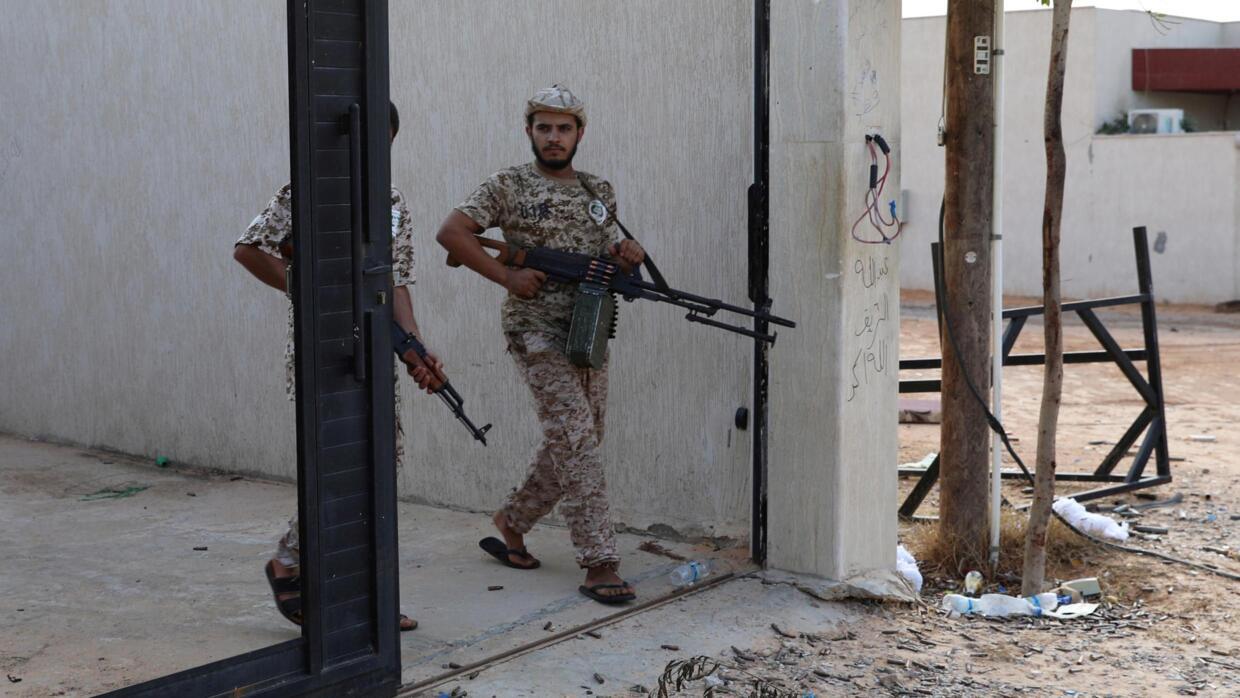Security conference in Munich: the Libyan crisis on the agenda
Text by: RFI Follow
The Munich security conference, which has been held since February 14, brings together dozens of heads of state and government and many foreign and defense ministers. This February 16, Libya and the issue of arms delivery are at the heart of the discussions.
Publicity
Read moreWith our correspondent in Munich , Pascal Thibaut
One month after an international conference in Berlin , the monitoring committee for this agreement meets for the first time at the invitation of Germany and the UN envoy Ghassan Salamé.
" Diplomacy is not a walk in the park ", four weeks after an international conference on Libya in Berlin, things have not progressed much. German Foreign Minister Heiko Maas said in an interview that he would use the Munich meeting to pressure stakeholders to end hostilities on the ground and respect the embargo on arms deliveries .
With this February 16 meeting, Maas wants to show at the level of Foreign Ministers that the international community wishes to continue its efforts. The German minister underlined that the decision of the Security Council of the United Nations on February 12, in favor of a respect of the embargo on the deliveries of arms was encouraging.
An international committee responsible for the implementation of the Berlin agreements of mid-January is to meet monthly in the future under the leadership of the United Nations and a rotating co-presidency, which is currently held by Germany.
Ensure compliance with the embargo
Apart from the commission decided in Berlin which associates soldiers from the two camps in presence, a political dialogue must be launched at the end of the month. On February 17, the European Union foreign ministers in Brussels will discuss the issue. Berlin hopes that a decision can be taken on the concrete modalities allowing compliance with the embargo on arms deliveries.
Despite the ceasefire established on January 12 , sporadic fighting takes place daily near Tripoli. Arms also continue to flow into the country, despite commitments made at the international summit in Berlin on January 19.
Since April 2019, clashes have killed more than 1,000 people and 140,000 have been displaced, according to the UN.
Newsletter With the Daily Newsletter, find the headlines directly in your mailbox
subscribeDownload the app
google-play-badge_FR- Germany
- Defense
- Diplomacy
- Libya
On the same subject
Africa guest
In Libya, "Haftar's violation of the arms embargo is never denounced"
Libya / Turkey / UN
Libya: Ghassan Salamé still denounces foreign interference before the UN
Libya / UN
Libya: UN points to "external actors" responsibility

